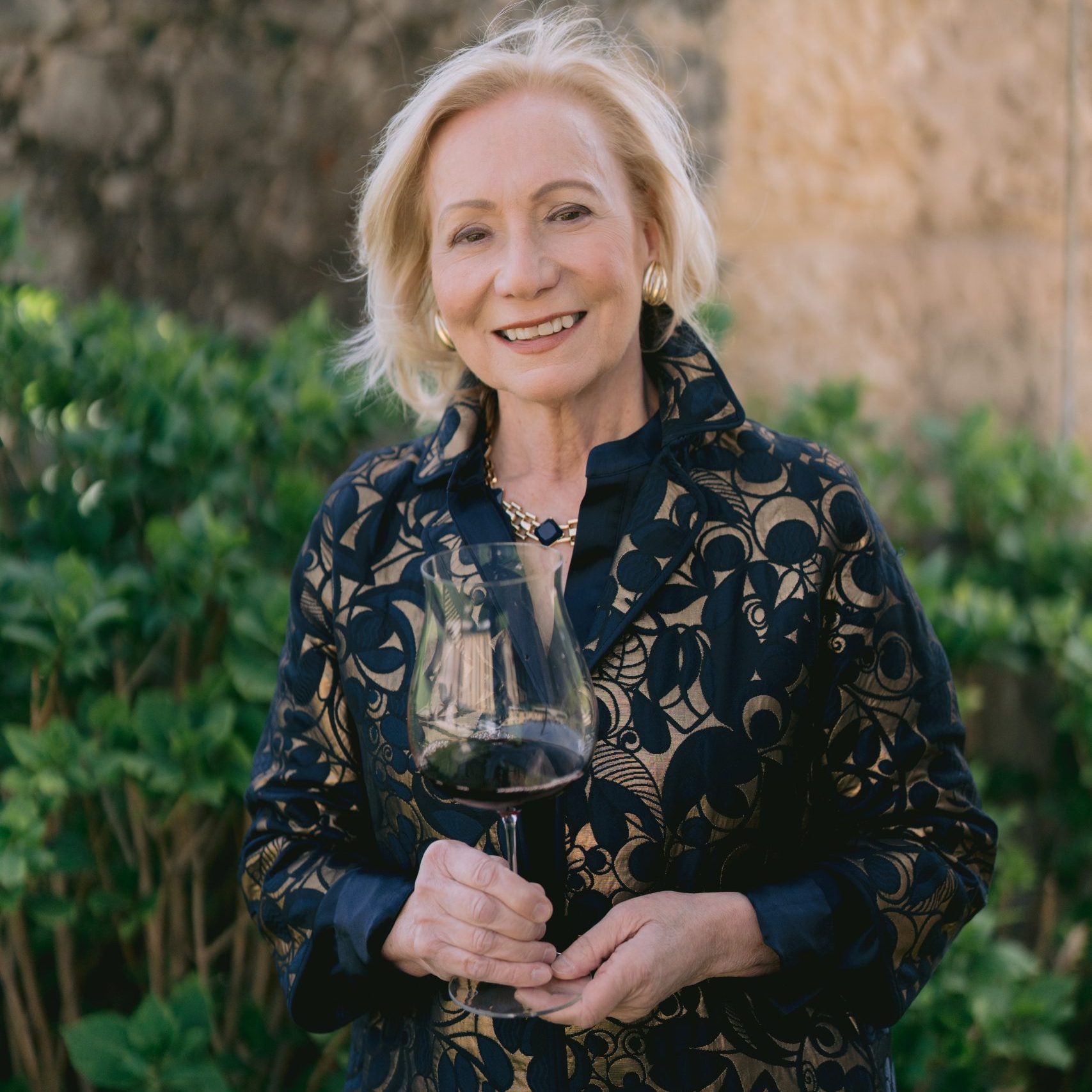ON-TRADE PROFILE: Grand Union
A London success story, the Grand Union Group is now expanding beyond the M25, reports Alan Lodge.
In an era when pub closures, rising duty and the increasing trend towards at-home drinking have been the major talking points within the UK on-trade, one company has bucked the trend to maintain consistent growth in both venues and popularity.
Grand Union, an independent group of bars and pub/restaurant venues situated within London and the Home Counties, last month opened its latest site in Farringdon – the group’s 10th new venue in just five years.
Deep, rich and homely colours dominate the interior, as fits the Grand Union philosophy, which states: “GU prides itself in providing a relaxed atmosphere in beautifully designed surroundings; with furniture sourced from vintage shops and auction houses around London, the sites have a contemporary/vintage feel which creates a homely environment to relax and enjoy food and drink in the company of friends, family and colleagues.”
The company takes its name from its first site, which backs onto the Grand Union Canal in Camden. Following the success of the first site, which opened in April 2006, Grand Union expanded to a second site in Twickenham (December 2006), followed by openings in Kentish Town (May 2007), Islington (December 2007), Kennington (February 2009), Brixton (February 2009), Ravenscourt Park (May 2009), Camberwell Grove (November 2009), Wandsworth (August 2010) and Farringdon (February 2011).
Outside the capital, Grand Union expanded its portfolio with the acquisition of The Three Locks Pub in Stoke Hammond, Buckinghamshire, in December 2008. This site is a restaurant-driven concept situated by the Three Locks on the Grand Union Canal and provides traditional pub food alongside the chain’s trademark burger menu.
The 12th Grand Union is due to launch in the newly-revived area of Paddington Basin in April.
Since opening, the Grand Union group has won popularity for its relaxed atmosphere and huge, exotically inspired beer gardens that play host to a range of events such as the outdoor cinema screenings showing classic films during the summer months at its Brixton venue.
The group now has a turnover of £12 million, producing net profits of about £1.4m. Aside from a £30,000 initial investment in the Camden site, the group has no other backers or bank debts.
“We trade off the back of a good name, good reputation, working with people you want to do businesses with like good breweries and good landlords,” enthuses Adam Marshall, managing director.
“I think our financial performance is quite special considering we are in the midst of the worst recession in living memory. If we were to go to the banks and ask them for money they will say no, regardless of the fact we have high turnover and great profits. We came 52nd in the Sunday Times FastTrack 100 list, but even that doesn’t get you any credit with the banks. We’ve had to do it all ourselves.”
“The other thing that makes me proud is that we opened five sites in 2009 – we swam against the tide as everybody else was battening down the hatches, All I read about in 2009 was big companies bricking it.”
True to the vision
The Farringdon site, like those before it, sticks true to the original Grand Union vision of founders and co-owners Marshall and Adam Saword, the company’s operations director.
“We wanted to create a bar that we ourselves would be happy to drink in,” explains Marshall. “That is enormously important as I personally design all the sites, choose the wallpaper and even hang the pictures.
“In the early days I used to trawl around car boot sales looking for tables, pictures, chandeliers, so as far as I was concerned I was designing something for me.”
Marshall has 16 years’ experience in the leisure sector, having originally trained as a chef. However, he quickly turned to management, becoming group area manager of C-Side Holdings in 2001, which saw him overseeing five bar/pub/club venues in and around Brighton on England’s south coast.
Partner Content
He took his first steps onto the London scene a year later, when he acquired a 50% stake in The Rose and Crown pub in Highgate, in which he successfully launched a fine dining concept that ran profitably for the next two years before he launched himself into setting up Grand Union.
Schoolfriend and fellow ex-C-Side employee Saword had himself also originally trained as a chef. Having held chef de partie and head chef positions in his career in the kitchen, Saword moved into the management side of the business, becoming general manager of the Leek & Winkle pub in Brighton in 1998.
A specialist in bar project management, he successfully opened 18 bars on the South Coast as an area manager for C-Side, before opening his own first pub in London early in 2003.
By day Grand Union sets itself up as a place to kick back, relax and enjoy quality food while slumping into the sumptuous furnishings. As the sun goes down, the venues transform into an ideal environment for post-work food and drinks while listening to funk, soul and indie music. On Fridays and Saturdays, they become a place to celebrate the weekend, with late licences until 3.30am and DJs playing into the small hours.
Grand Union offers an extensive range of wines and Champagnes, draught beers and cocktails, all mixed by some of the best barmen in the business. It is this dedication to quality that has, Marshall says, ensured that Grand Union has managed to maintain its impressive growth during a challenging period for the general on-trade.
“Our success is down to offering customers something a little bit different – we’ve combined the best bits of a restaurant, a pub and a club to create real destination venues,” he says. “People know that wherever they are in London and whatever the situation, they can come to one of our bars and enjoy a carefree night out with a buzzing atmosphere.”
The GU Group plans to open a further five restaurant-concept pubs in the Home Counties over the next four years. In addition to this, a further 12 bar/grill venues will be opened by 2012 in well-situated Greater London locations, with a view to taking the brand national.
Among the locations the company wishes to open in are Balham, Chelsea, Kensington, Richmond, Fulham, Covent Garden, Piccadilly and Knightsbridge, but while it’s all to easy to spread the Grand Union brand across a city where it is already well-established, creating a buzz in other areas of the country will prove more challenging.
“The saturation point for London is around 25 units, so in order to maintain our expansion we will soon have to look elsewhere,” Marshall admits.
“Grand Union is very well established in London now and there are thousands of people who know about our brand, so if we were to open up in places such as Kensington or Crouch End, we would hit the ground running.
“However, I think that by the time we get around to carrying out our national expansion plans, there is going to be quite a lot of people in cities like Bristol, Bath, Manchester, Leeds and Nottingham who will know of Grand Union through having been to London themselves or having visited friends here. We’re not going to take big risks and will only go to places we will be recognised.”
Despite the current success Grand Union is enjoying, Marshall is aware that any bar business can go the way of the Firkin chain, which was once a feature of almost every major high street in the country.
Asked if he has been taken by surprise by the rapid speed at which the Grand Union brand has grown, he admits: “Yes, I am surprised, but we have to keep our feet on the ground and the last thing we need is for our heads to get too big.
“I am aware that at this moment in time we are doing very well, but I also know that around the corner there could be a disaster lurking. I don’t know what that might be, but I’m always looking out for it."
Alan Lodge, March 2011




